Celebrating 10 years of OpenAQ
OpenAQ was the first to aggregate disparate ground-level ambient air quality data on a centralized open-source platform, making the data findable, accessible, interoperable, and reusable. We started aggregating real-time and historical data from reference-grade government monitors in 2015 and began aggregating data from air sensors in 2021. Data on OpenAQ are used to inform science and enable research; to raise awareness and understanding; to spur, form, analyze, assess and enforce solutions; to predict and forecast; to educate; and more! The OpenAQ platform remains the largest open-source, open-access air quality data platform in the world with over 2 billion data points from 20,700 locations in 134 countries as of September 2025!
September 9, 2025 marks OpenAQ’s tenth anniversary. As we celebrate this momentous milestone, we thank everyone who has and is helping us achieve our vision of a world where everyone breathes healthy air, enabled by universal access to data. As we look back and as we look forward, we recognize YOU as the driving force behind our work.
Organizational Milestones
Platform Growth
The OpenAQ platform is continuously growing, with over 2 billion data points from 20,700 locations in 134 countries as of September 2025!
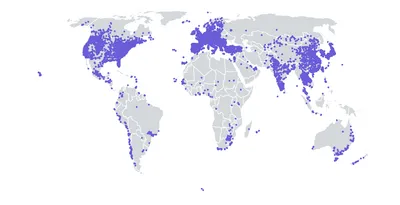
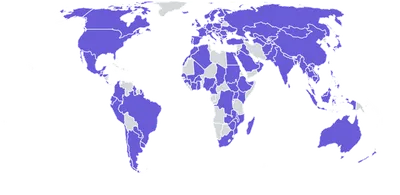
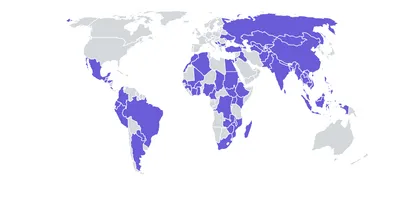
Looking forward
OpenAQ is committed to making air quality data universally accessible and to strategically increasing the amount and types of air quality data that go into the platform.
See our technical roadmap here and be on the lookout for the release of our new 3-year strategic direction later this year.
Support us
By providing universal access to air quality data, OpenAQ empowers a global community of changemakers to solve air inequality. Having you as a partner in this mission will allow us to sustain and expand the platform, provide tools and training to facilitate successful use, and increase data fluency among emerging air quality leaders in some of the most polluted regions on the planet. With your support, OpenAQ can continue to provide essential infrastructure for one of the most critical challenges of our time.
OpenAQ has earned the highest ratings for transparency, cost-effectiveness and overall organizational health.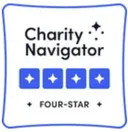
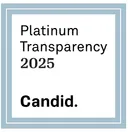
Thank You for 10 Amazing Years! 🎉🎉
Thank you to everyone who uses data on OpenAQ. Your efforts are solving air inequality.
Thank you to every institution and individual who shares their air quality data with the world via OpenAQ. Your commitment to open data enables folks across all sectors to be part of the solution through data-driven analyses, communications and mitigation strategies.
Thank you to our founders, everyone who has served on our governing board and advisory board, our interns and volunteers, and individuals who have made financial contributions to OpenAQ.
Thank you to the foundations, corporations and institutions that have provided financial or in-kind support, including Actions@EBMF, AirGradient, ATMO, AWS, Bloomberg Philanthropies, Burr Forman LLP, Change Happens Foundation, Clarity, Clean Air Fund, ClimateWorks, Deloitte Health Equity Initiative, Development Seed, Earth Journalism Network, Echoing Green, Environmental Defense Fund, Energy Policy Institute at the University of Chicago, Ernst & Young, Fast Forward, Forschungszentrum Jülich, Geocode Earth, George Mason University, GitHub, Godley Family Foundation, HPE Foundation Accelerating Impact Campaign, Keen IO, Millennium Challenge Corporation, NASA, Nesta, Okta, Open Science Prize, PagerDuty, Paul Hastings LLP, Radiant Earth, Ropes & Gray LLP, Splunk/Cisco, Twilio, Up Here Media, USAID, US Paycheck Protection Program, Vital Strategies, World Bank Group and World Resources Institute.